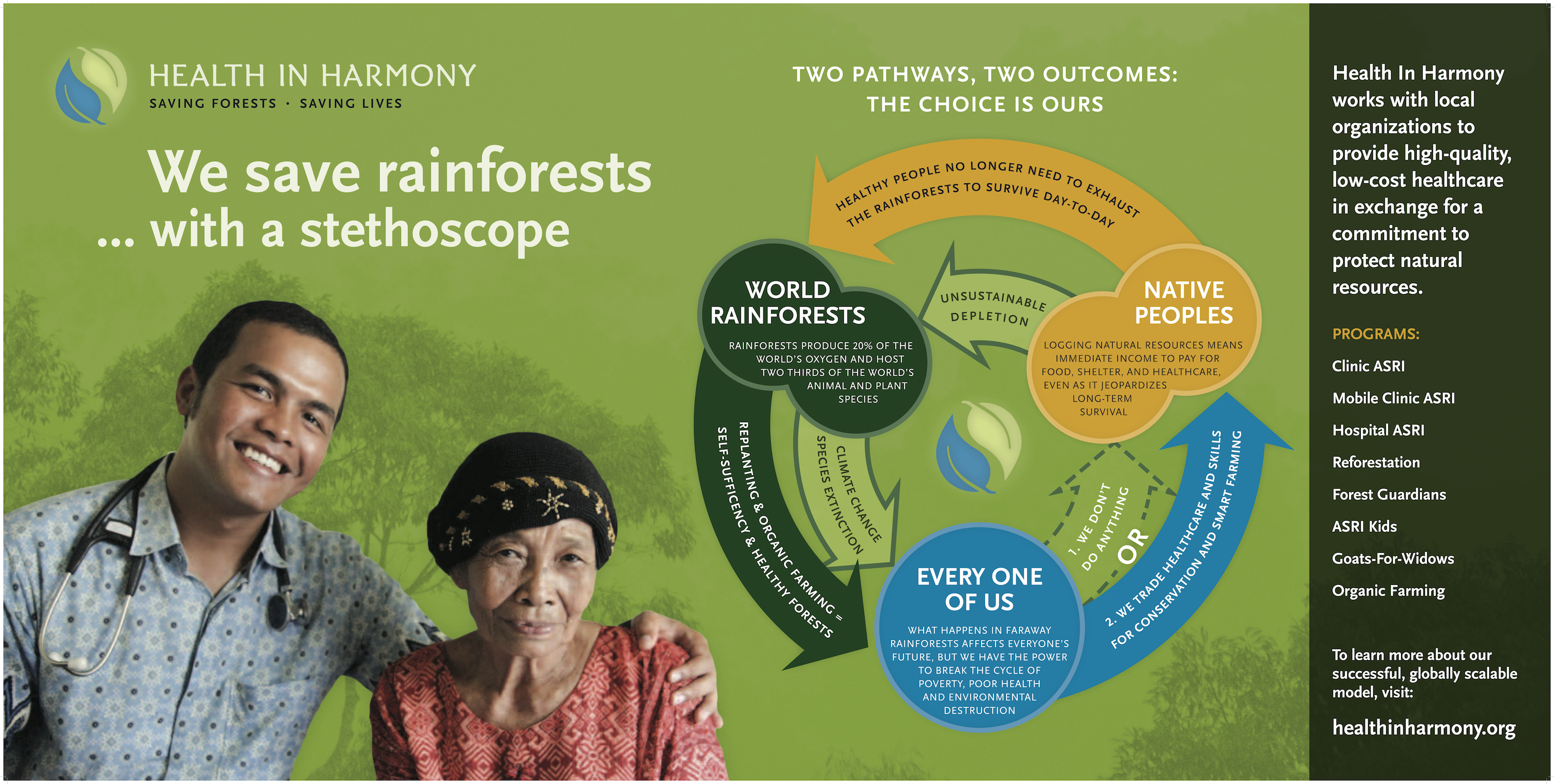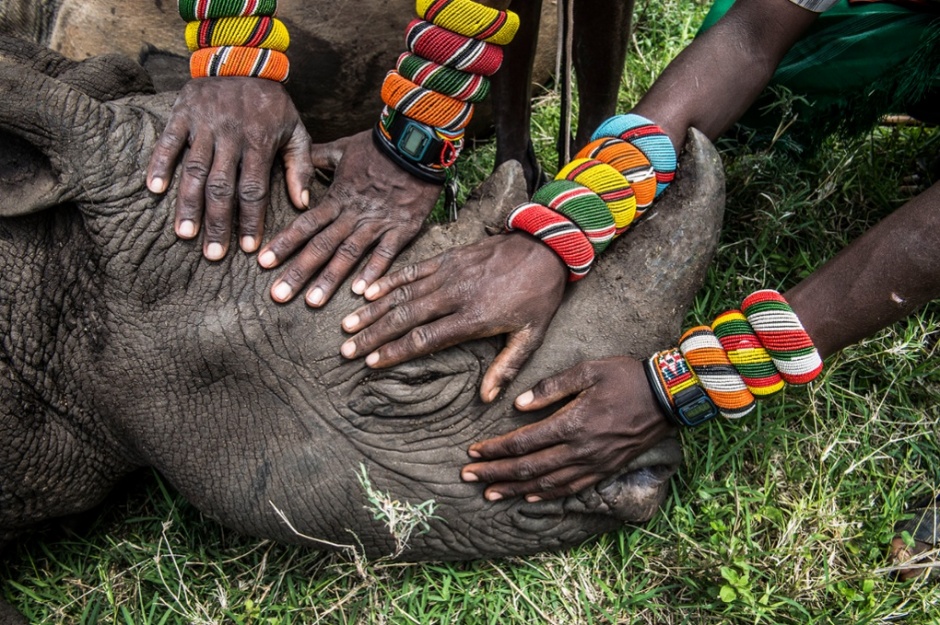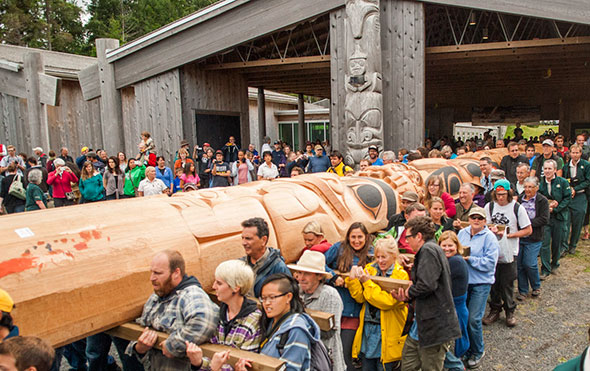Health In Harmony
Is addressing basic human needs the key to successful biodiversity conservation? Health in Harmony, a Portland-based nonprofit founded in 2005, works in Indonesia to address human health and deforestation. Health in Harmony partners with Alam Sehat Lestari in Indonesian Borneo to provide low-cost health care to marginalized communities in exchange for a commitment to protect natural resources and reduce deforestation. In the past five years, their collaborative effort led to a 68 percent [...]



